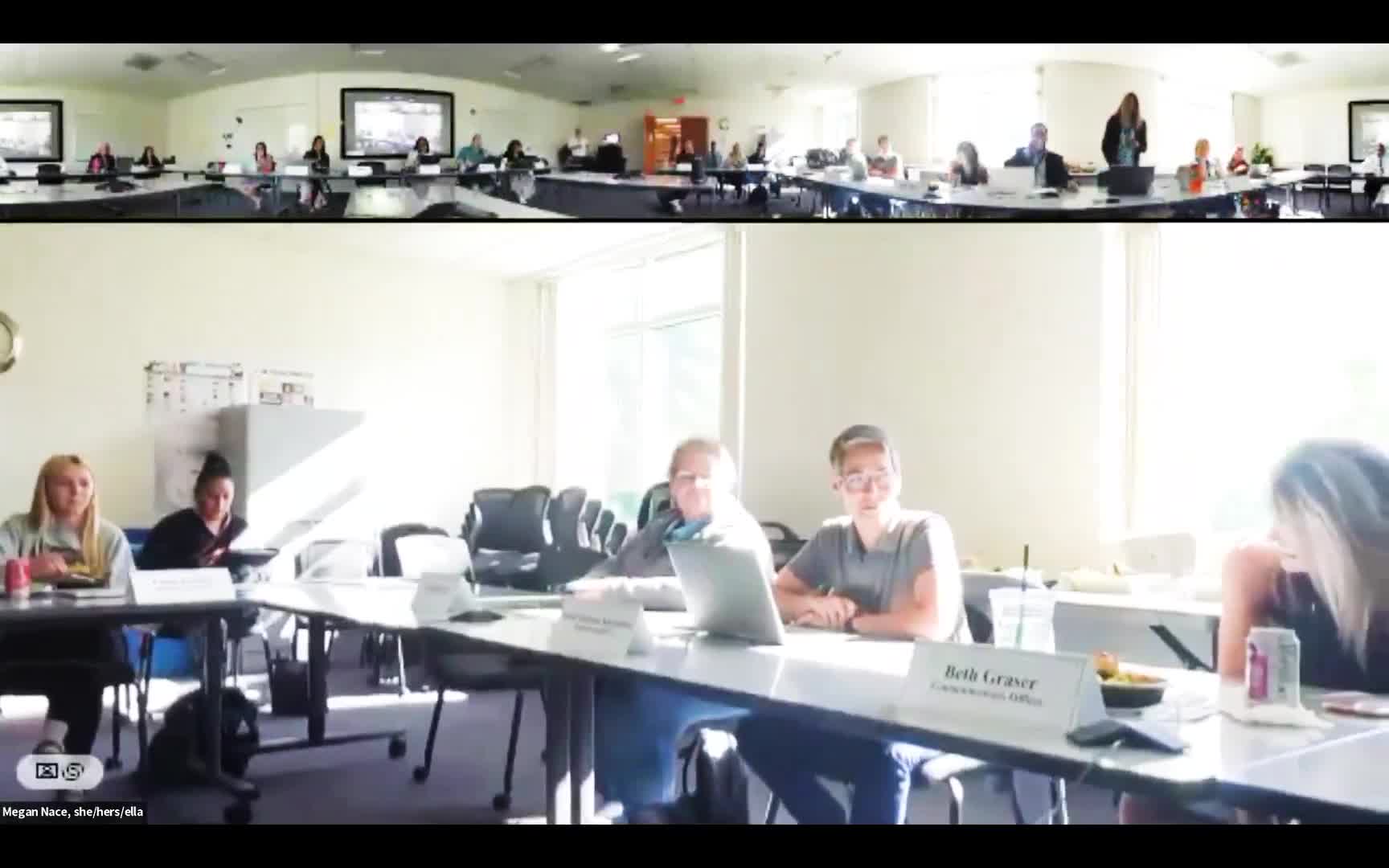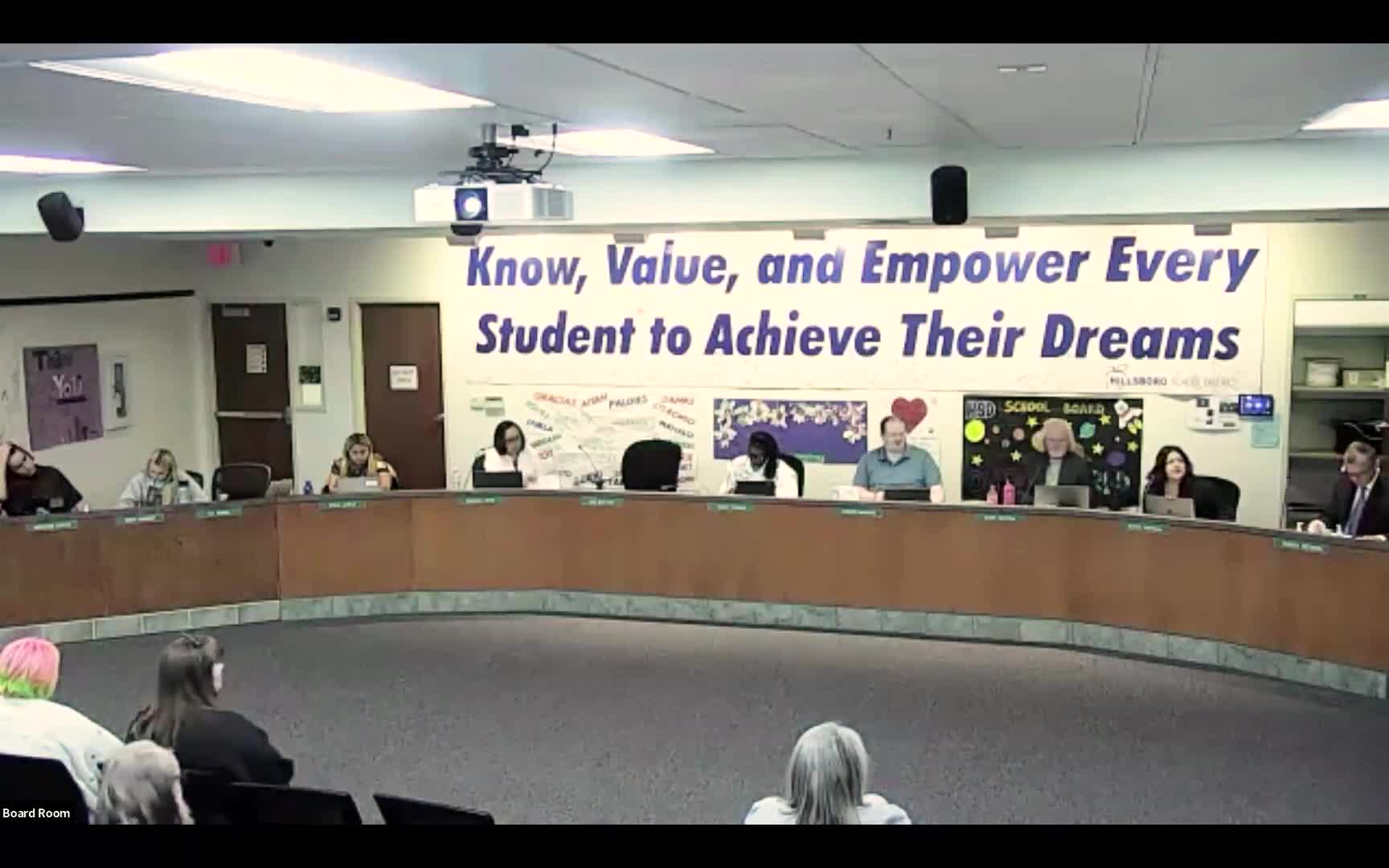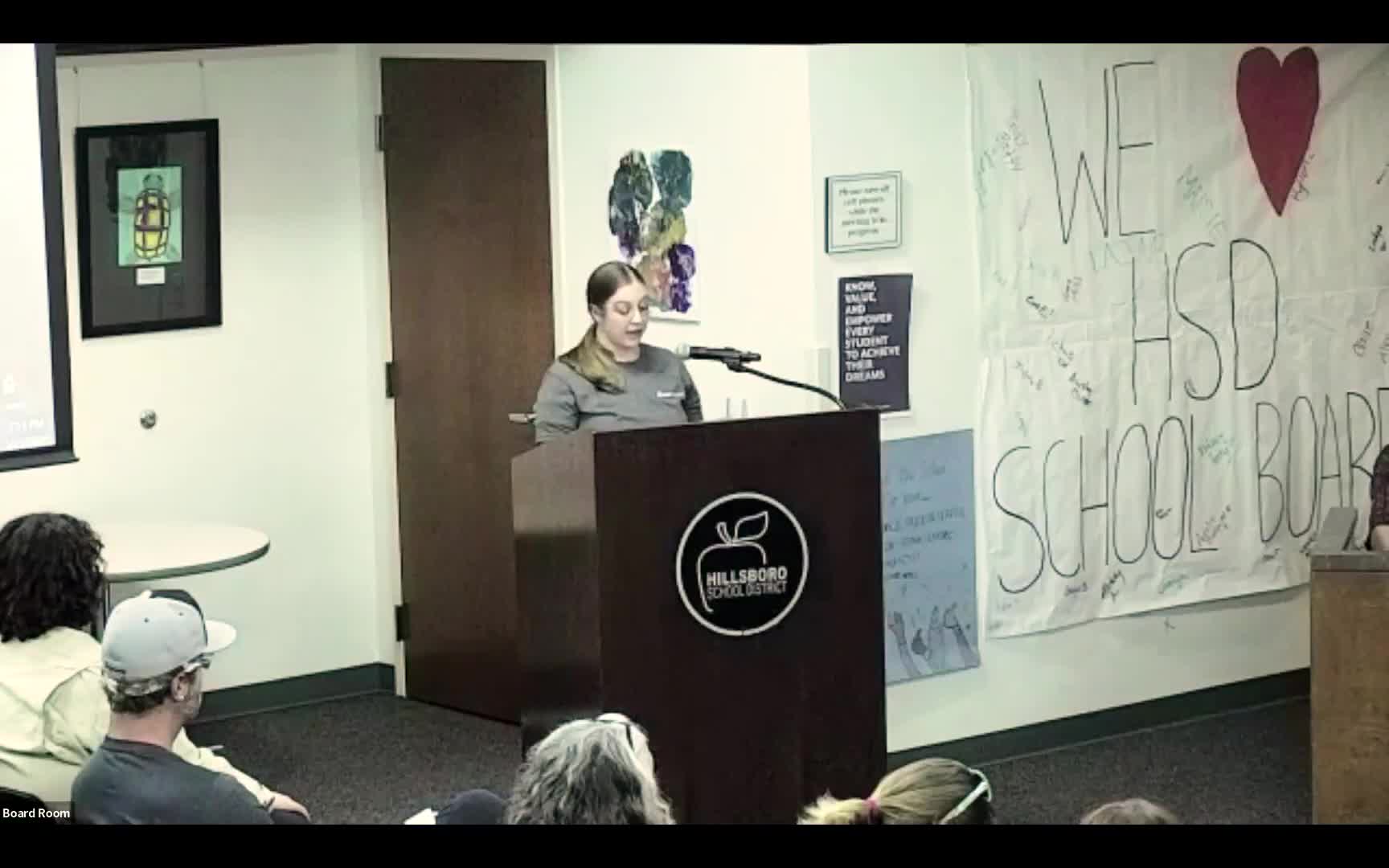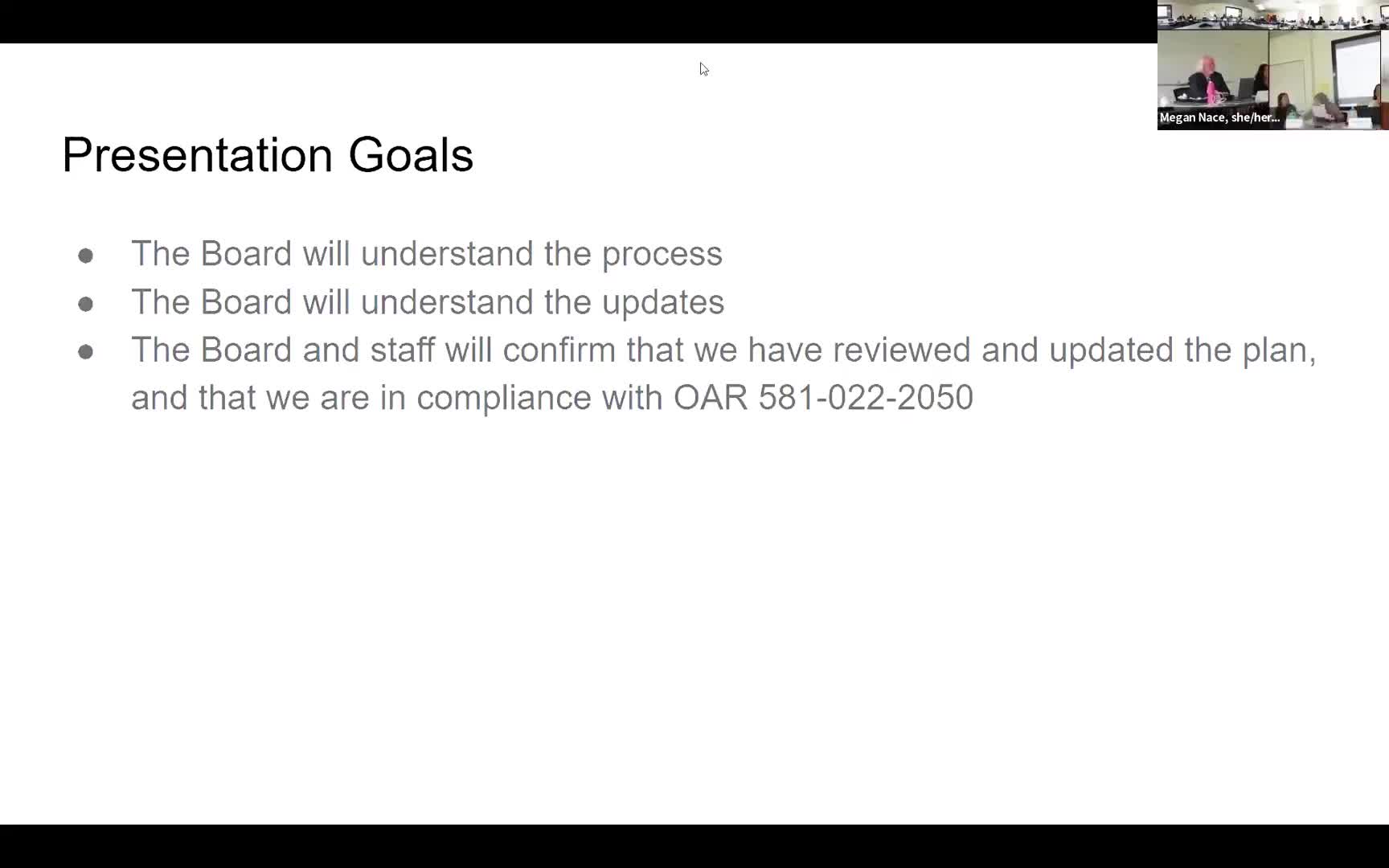Article not found
This article is no longer available. But don't worry—we've gathered other articles that discuss the same topic.

District staff outline updates to comprehensive sexuality education; high-school curriculum shift planned after partner retirements

Hillsboro board adopts supplemental transportation plan as traffic near Tamarack Elementary rises

Board approves routine business items: surplus equipment, CityView charter renewal and superintendent contract

Residents and students urge district to restore Century High theater after district pauses daytime classes

